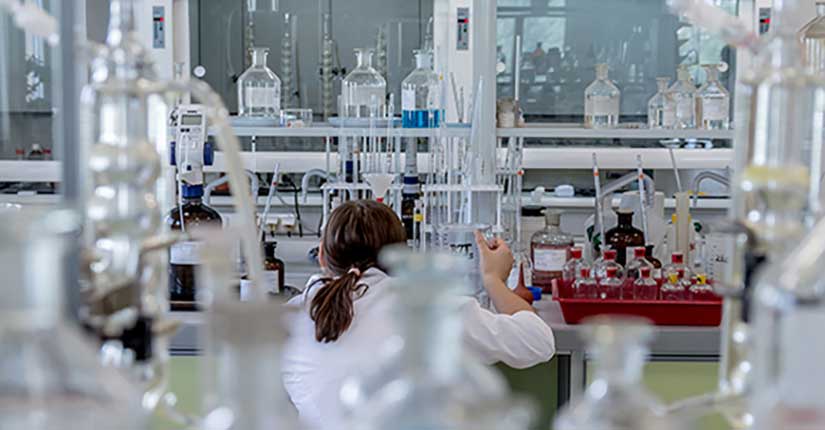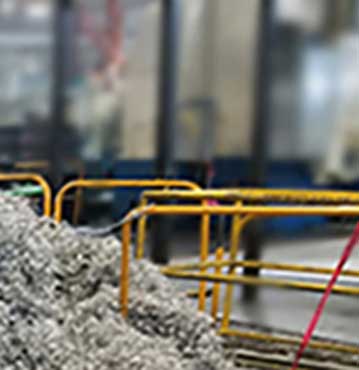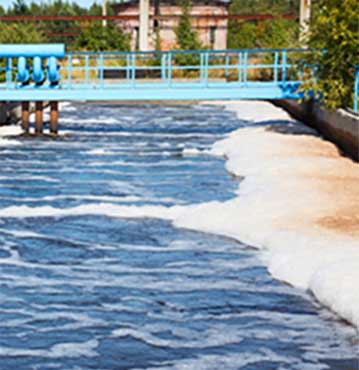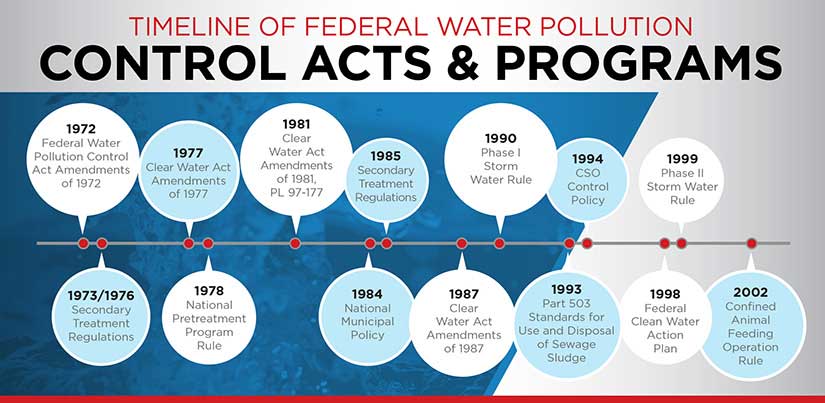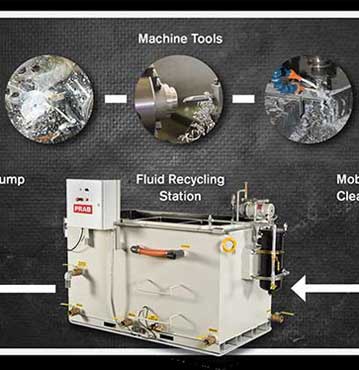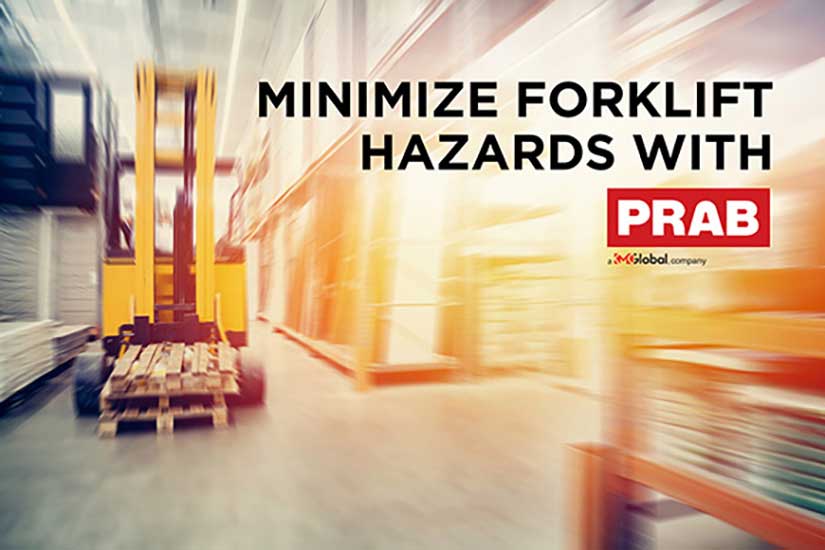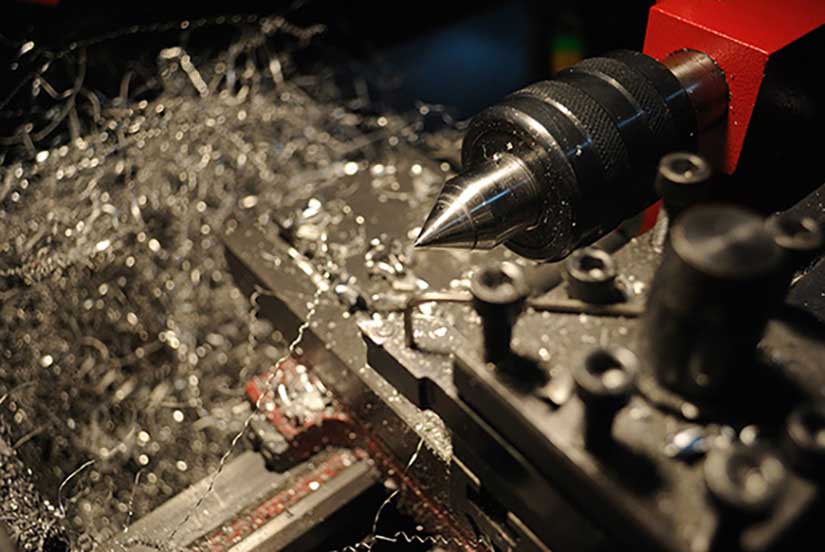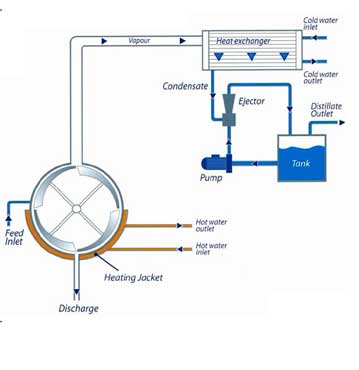
Blog: Evaporation Technology: A Unique Separation Process for Industrial Wastewater Treatment
Evaporation, or distillation, is a separation process that takes advantage of the changing physical states of water, or other solvents, from liquid to vapor. It is unique from other separation processes, in that the water is removed from the contaminants rather than the pollutants being filtered from the water. Before recent technological developments, the capital and energy requirements for […]


